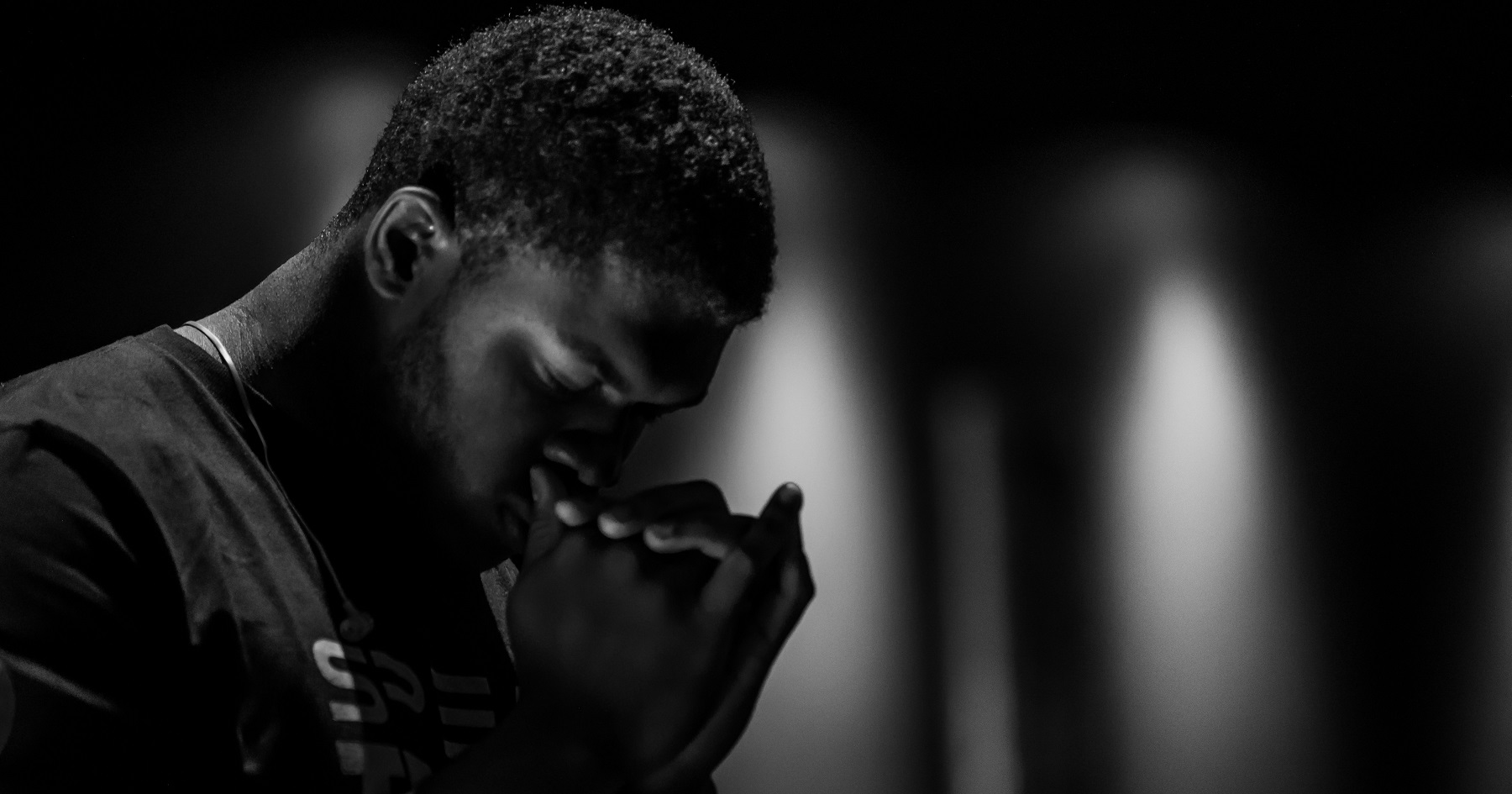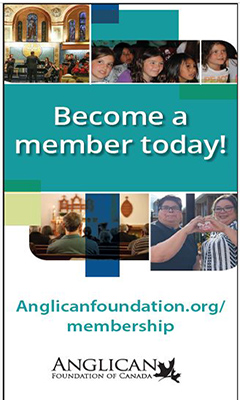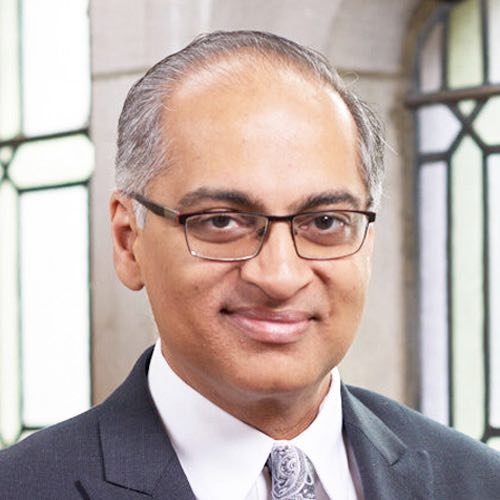Few words are more central to Christian life than “discernment.” A dictionary (Oxford Languages) offers two definitions, one simple, one complex and nuanced:
- the ability to judge well.
“an astonishing lack of discernment” - (in Christian contexts) perception in the absence of judgment with a view to obtaining spiritual guidance and understanding.
“without providing for a time of healing and discernment, there will be no hope of living through this present moment without a shattering of our common life”
The second of the two definitions acknowledges three things. First, that the word is used in Christian contexts. Second, that discernment is a kind of “perception,” of seeing in “the absence of judgment.” The term is used when clear criteria for judgment are unavailable, and we are unable to sort out what is at stake. And lastly, it is something that does not come entirely by our own efforts but emerges when we seek “spiritual guidance and understanding.” This second definition, together with its example sentence, is at a pitch of profundity we do not usually expect to find in dictionaries!
The word “discernment” suggests that life routinely presents us with complex situations crying out for judiciousness, but without giving us the information we need to judge rightly. Consider, for example, Jesus’s teaching for us “to be in the world but not of it.” What exactly does that mean? Talk about needing “spiritual guidance and understanding”! How can Christians and the church be in the world — joined in the world’s struggles, pains and longings — without being swept up in patterns of living that seem out of keeping with the values of the kingdom of God? What worldly patterns are inappropriate for individual Christians and the church to adopt?
Consider, for example, that the church has to park what money and properties it holds in the larger market. The church has no choice in the matter. There are limits to what can be squeezed under a mattress. So, we are in the world alright. What would it mean to be “not of” the world in this case? How can the church make decisions shaped by the values of the Beloved Community rather than by the constraints and norms of the market?
Consider, for example, the way in which, through anti-apartheid activist pressure, entire institutions were compelled to disinvest or divest from South Africa during apartheid. That was a case of discernment in action. More recently, in 2014, my teaching home, Union Theological Seminary, became the first seminary in the world to disinvest from fossil fuels. That too was a case of discerning: that no matter how lucrative fossil fuel investing might be, it can no longer be justified in a time of climate crisis. These decisions were not arrived at by an exhaustive factual analysis of the available data but by a kind of “perception” that comes from “spiritual guidance and understanding.”
What is especially striking is that the pressure groups that led the way in the South African divestment conversation — and are leading the way in today’s ecological divestment movement — emerged not solely from the church. Churches did play a significant role in the South African struggle, but, in many cases, the church comes along in the wake of leadership that comes from the world.
Does this mean that the church routinely learns how “to be in the world but not of it” from the world? Ironically, yes! Should this worry us or cause us concern? Only if the church believes it holds a monopoly on the movement of the Holy Spirit. Jesus told us that the Spirit that equips us for the difficult work of discernment “blows where it chooses.”
I am convinced, more than ever, that we have entered a time in which the church’s own capacity for discernment will require her to listen to anti-racist, anti-capitalist, pro-LGBTQIA2S+ and Indigenous voices. Why? Liberation theologians offer a complex-sounding phrase as an answer: “the epistemological privilege of the poor.” It’s a fancy expression, but its meaning is simple: those on the margins are more likely than the privileged to discern how power really operates. After all, their bodies are on the line. By contrast, the institutional church has not, until very recently, been on the margins but has been smack dab in the heart of power. How could it possibly discern what its own actions have brought about in the world?
What does this mean for the church in our time? The church’s capacity for discernment depends on watching and listening to the world, to see where the Holy Spirit is active. Yes, the church must learn from the world how to be in the world but not of it.




